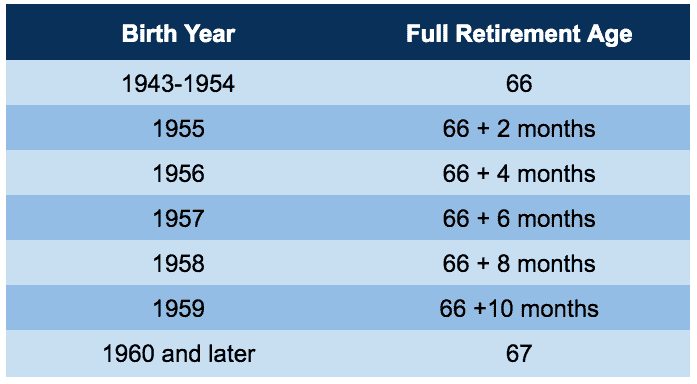Understanding Retirement Age and Its Impact on Workers

Introduction
The topic of retirement age is increasingly significant as governments and economies evolve. Recently, many nations have considered raising the retirement age in response to demographic changes, such as longer life expectancies and increasing pension burdens. This trend raises important questions about the balance between work and retirement, workforce sustainability, and the financial security of older citizens.
Current Trends in Retirement Age
As of 2023, the retirement age in several countries is under review. For instance, the UK Government is contemplating raising the State Pension age from 66 to 68 by 2039. This proposal has sparked fierce debate among both the public and policymakers. Many citizens argue that extending the working age could lead to financial instability for those unable to work due to health issues or job market barriers.
In contrast, advocates for raising the retirement age suggest that it is necessary to ensure the sustainability of pension systems as life expectancy increases. The Office for National Statistics reports that people aged over 65 are now expected to live approximately 19 more years on average, necessitating changes in how we financially prepare for retirement.
Impact on Workers
The debate surrounding retirement age is not merely an economic discussion; it is profoundly personal for many workers. Those employed in physically demanding jobs may find it particularly challenging to meet extended work requirements. Additionally, there are concerns about the mental health impacts that longer working lives may impose. A report from the Chartered Institute of Personnel and Development (CIPD) suggests that workplace support tailored to older employees could mitigate some of these issues, allowing for a smoother transition into later life stages.
Conclusion
As discussions regarding retirement age continue to evolve, it is essential for individuals to stay informed and prepared. The potential increase in retirement age has significant implications not only for financial planning but also for health and work-life balance. As more countries contemplate similar adjustments, the impact on workers will vary widely based on industry, health, and personal circumstances. In conclusion, it is vital for both policymakers and individuals to work together to create a balanced approach that meets the needs of an ageing population while ensuring economic viability for the future.









